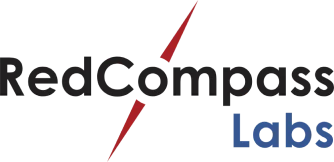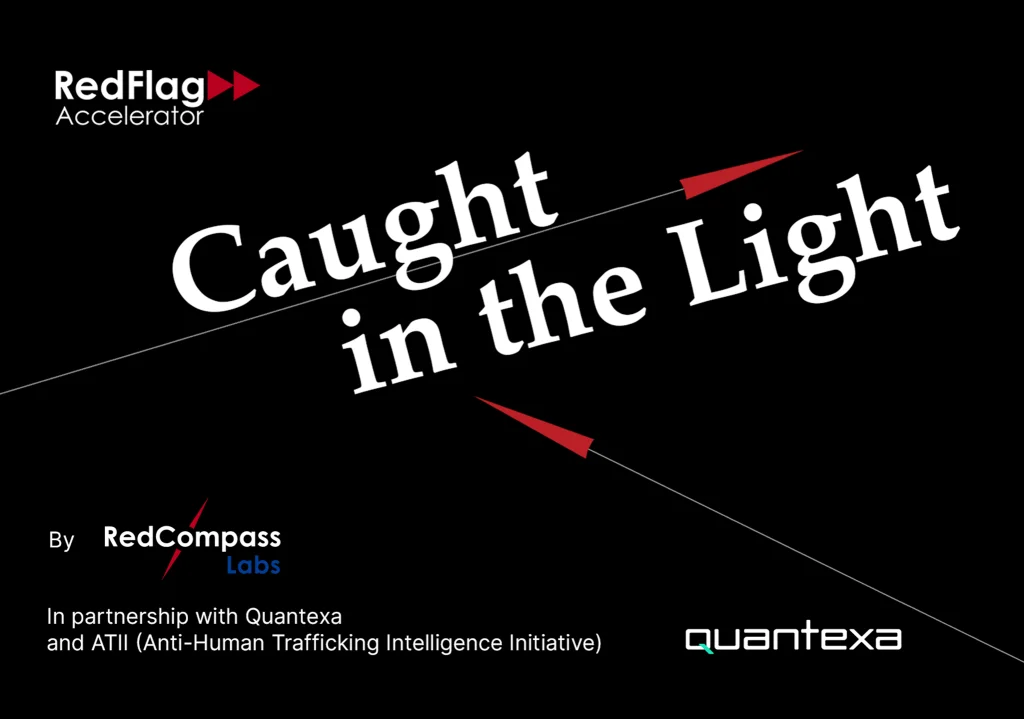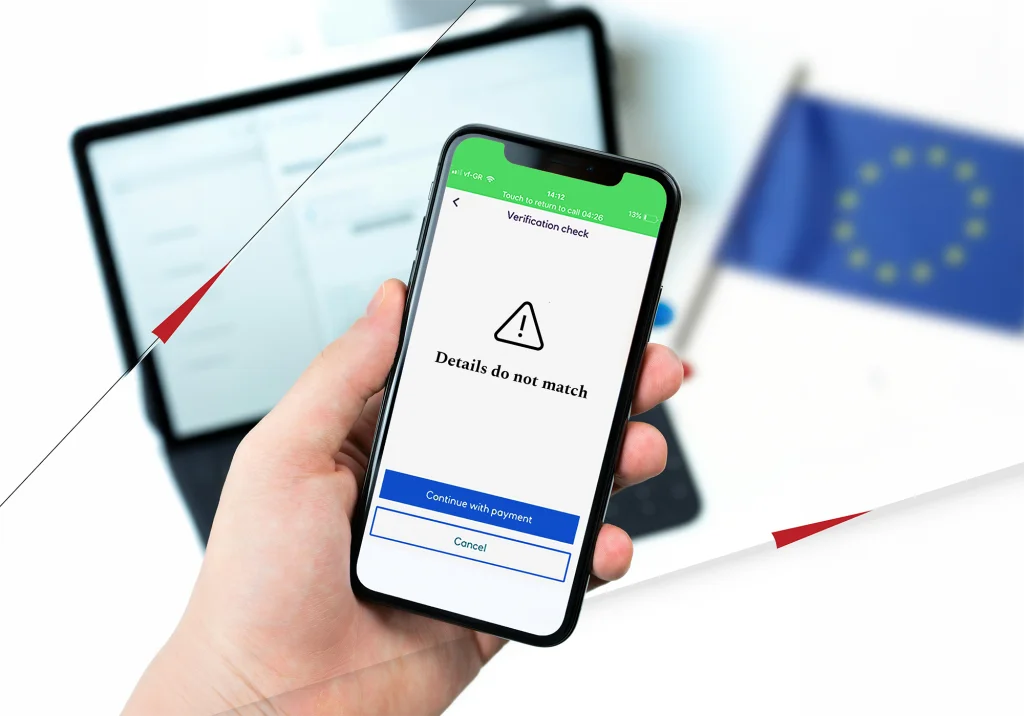The role of AI in payments modernization: NextGen:AI Interview
The payments industry is no stranger to transformation, and today, artificial intelligence (AI) is driving one of its most significant shifts yet. At the inaugraul NextGen:AI conference in London, our Head of Innovation, Raquel Gomes, had the opportunity to discuss the evolution with Finextra’s Debi Bell-Hosking. Discover the challenges banks face in payment modernization and how AI can serve as a game-changer for the industry by watching the interview above.
Transcript
00:00:00 – 00:30:15
Debi Bell-Hosking:
Hello, I’m Debi Bell-Hosking for Finextra TV at Finextra’s inarugral NextGen:AI Conference in London. And I’m joined by Raquel Gomes of RedCompass Labs. We’re going to be talking about payment modernization but with the role of AI. Raquel, welcome!
Raquel Gomes:
It’s great to be here, Debi. Thanks!
00:30:16 – 00:54:12
Debi Bell-Hosking:
It’s been an exciting day. My first question for you is: what are the challenges banks are facing when it comes to payments modernization? And how are you, as RedCompass Labs, using AI to address these issues?
Raquel Gomes:
That’s a great question. We’ve been doing payments modernization projects for over 20 years, and we’ve seen how complex they are. They normally impact legacy systems – old technologies – but also business processes. And they pose a great risk for the bank.
There are new entrants coming in. Customers are expetcing much more. And so it’s really hard for the banks to keep up with everything that’s happening. There are also new regulations, new payment rails to address. And on top of that, finding the right talent is really difficult. It’s really hard to find people that understand payments, that understand technology.
And so, at RedCompass Labs, we’ve been helping banks with these projects and thought: why not apply this technology – artificial intelligence – to payments modernization?
That’s why we developed AnalystAccelerator.ai, which you saw today. You can really use technology together with talent to accelerate payments modernization projects.
00:54:14 – 01:21:07
Debi Bell-Hosking:
Raquel, I did catch your presentation on AnalystAccelerator.ai earlier—it was really interesting. So I think my next question has to be, particularly for this audience, what is “applied AI” and what does it mean for the payments industry?
Raquel Gomes:
Applied AI is a term that’s been around for a long time. It’s AI that is applied to a specific business problem, a specific sector. With AnalystAccelerator we are applying it to payments modernization.
Now, of course there are all of these general AI tools that mimic human capabilities. But when you apply AI to a certain use case, you get the best results. It’s like comparing a very smart person to an expert. Applied AI is the expert. That’s how we are using applied AI: very specifically for payments modernization and not just in a generic way.
02:52:20 – 03:14:23
Debi Bell-Hosking:
And on stage you also spoke about the “human-in-the-loop”.
Raquel Gomes:
Oh, yes. That’s extremely important. AI can automate tasks, but it can never substitute a human.
You can see “human-in-the-loop” in two different ways. On one hand, you have the learning capability. The AI learns from the human and what they do, and the human supervises the AI on what they’re doing.
On the other hand, and this is particularly important when we’re talking about payments modernization, people are still the experts. AI can try to mimic what people do. But in the end, its the person that will be accountable for the outcomes. Not just in terms of analysis, but also in terms of what is tested, what is developed, and so on.
Human-in-the-loop is a philosophy that has to be – actually, it has to be a principle – of AI throughout all of the systems that we are applying.
03:40:17 – 04:03:24
Debi Bell-Hosking:
Let’s get back to our banks. How can they adopt AI and at the same time, take into account accountability and transparency?
Raquel Gomes:
That’s exactly where the human-in-the-loop comes in. Wherever you have a system, the system must tell you what it’s done, which steps it’s taken, and the references it’s used. So you, as the human, can apply critical thinking to know if you have the right output, if it needs tweaking, or if it’s completely wrong.
This is why you need [a human in the loop]. It’s not just for the users. It also gives assurance to leadership so they know that whatever AI systems are being used on the ground are working perfectly because people still remain in control of decision-making.
04:25:06 – 04:56:22
Debi Bell-Hosking:
Today has been fascinating. There has been so many conversations around financial services and gen AI. From your point of view, how do you see the future of gen AI in the payments industry?
Raquel Gomes:
Oh, totally exciting. We see the opportunity to give the banks – and all the financial services industry – the possibility to start innovating. To get out of the rat race; project after project, only just keeping up with regulations, updating yet another system, and onboarding yet another payment rail. Banks need to focus on what brings value to their customers. Now, the technology is here that gives them that possiblity.
I’m really looking forward, not just to that, but also to collaboration. Humans collaborating with AI and AI collaborating with humans. I think that’s going to give us loads of opportunities in the future.
05:48:19 – 05:57:03
Debi Bell-Hosking:
That’s a great place to end our interview. I can feel your excitement and I certainly saw it earlier today. So Raquel, thank you for joining us.
Raquel Gomes:
Thank you, Debi. It’s been a pleasure.
This interview originally appeared on the Finextra website as part of coverage for their inaugraul NextGen:AI conference.
Learn more about AI in payments modernization
In trials with a Tier One European bank, AnalystAccelerator.ai reduced the time it takes to create business requirements from 25 business days to less than three hours. Discover how AI can help your bank with payments modernization. Head to the AnalystAccelerator.ai webpage.
Share this post
Written by

Raquel Gomes
Head of Innovation, RedCompass Labs
Resources




